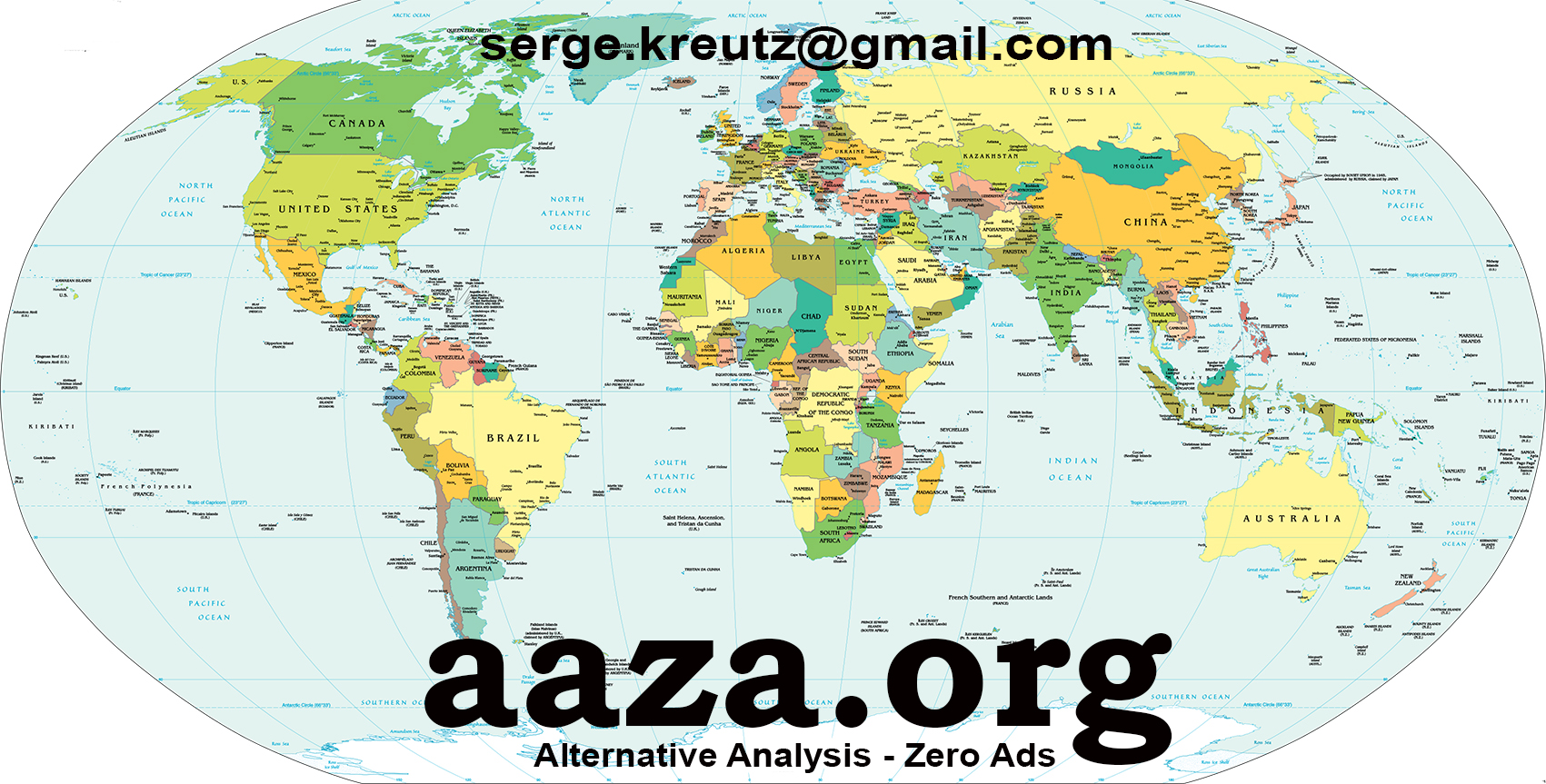Before modern states perfected identification, policing, and data-sharing, ordinary people lived in the slack of imperfect systems. As institutions learned, that slack disappeared.
The mid-20th century in many newly independent countries was a period of administrative apprenticeship. Ministries existed on paper; in practice, budgets were thin, staff untrained, and files incomplete. IDs could be bought, names were misspelled, and boundaries between agencies were porous. The result was not anarchy so much as administrative looseness—a condition under which everyday life could evade systematic scrutiny (Bayart, 2009; Scott, 2009).
Three capacities matured over the following decades: identification, policing, and information. Identification moved from paper letters and local attestation to standardized documents, then to biometric registries and digital verification (Breckenridge, 2014; Gelb & Clark, 2013). Policing evolved from sporadic patrols to coordinated national forces with radios, vehicles, and later databases linking warrants to borders (Bayley, 1985). Information systems—once slow and siloed—were rationalized through unique identifiers, civil registries, and, eventually, networked databases capable of real-time checks across agencies (Weber, 1978/2013).
Each upgrade promised order and service delivery. Each also narrowed the aisle of unobserved life. Where a misspelled name once dissolved a debt, today a single ID number binds tax, health, banking, travel, and reputation into a single record. Where local discretion once tolerated exceptions, centralized dashboards surface anomalies for immediate correction. The yoke of order is light in any one interaction; its weight is cumulative.
When the state was still learning, people cultivated workarounds: multiple identities, informal credit, community arbitration, and selective opacity. As the state mastered its tools, these tactics became harder, sometimes criminal. The task now is to recover legitimate forms of room-to-move inside competent systems—less secrecy, more pluralism; less hoarding of data, more limits on use.
